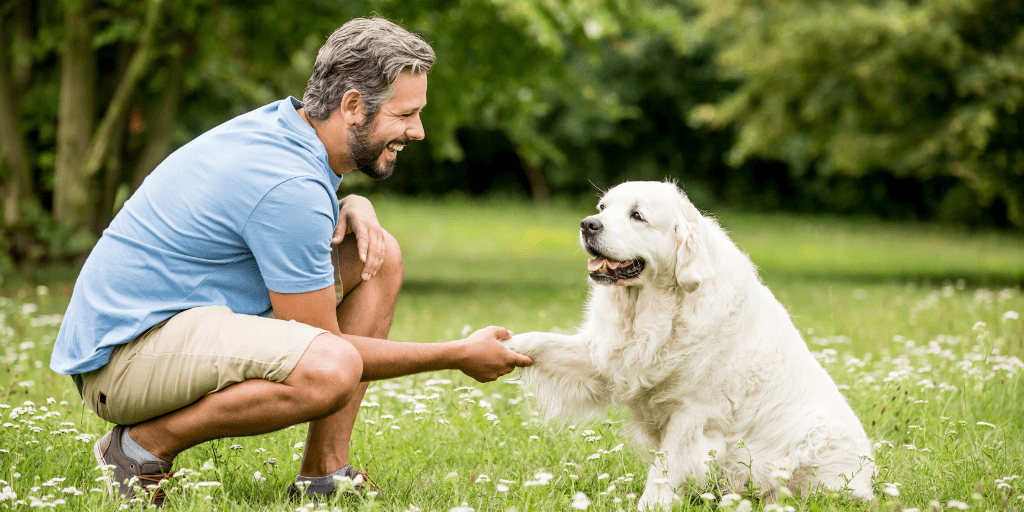Respiratory infections can pose significant health risks to our beloved canine companions, causing discomfort and potential complications if left untreated. As responsible pet parents, it’s essential to take proactive measures to prevent respiratory infections and safeguard our dogs’ well-being. In this comprehensive guide, we will explore the common respiratory infections affecting dogs, delve into practical tips for prevention, and empower pet parents with the knowledge to keep their furry friends healthy and thriving.
Understanding Common Respiratory Infections in Dogs:
Overview of Respiratory Infections:
Respiratory infections in dogs encompass a range of conditions affecting the upper respiratory tract, including the nose, throat, and lungs. These infections can be caused by viruses, bacteria, fungi, or environmental factors. Common respiratory infections in dogs include kennel cough (infectious tracheobronchitis), canine influenza (dog flu), and pneumonia.
Transmission and Risk Factors:
Respiratory infections in dogs are often transmitted through close contact with infected individuals, contaminated surfaces, or airborne droplets. Factors such as overcrowded living conditions, poor ventilation, stress, and weakened immune systems increase the risk of infection. Understanding the modes of transmission and potential risk factors is crucial for prevention.
Prevention Tips for Pet Parents:
Vaccination Protocols:
Vaccination is one of the most effective preventive measures against respiratory infections in dogs. Ensure that your dog is up to date on core vaccinations, including those for distemper, adenovirus, parvovirus, and canine influenza. Additionally, consider vaccination against specific respiratory pathogens, such as Bordetella bronchiseptica and canine parainfluenza virus, especially if your dog frequents places with high canine traffic, such as boarding facilities or dog parks.
Regular Veterinary Check-ups:
Scheduled veterinary check-ups are essential for maintaining your dog’s overall health and detecting potential respiratory issues early on. During these visits, your veterinarian can assess your dog’s respiratory health, administer vaccinations, and provide guidance on preventive care strategies tailored to your dog’s specific needs.
Good Hygiene Practices:
Practicing good hygiene is key to preventing the spread of respiratory infections among dogs. Wash your hands thoroughly after handling other dogs, particularly if they show signs of illness. Clean and disinfect pet bedding, food and water bowls, and toys regularly to minimize the risk of contamination.
Avoiding High-Risk Environments:
Limit your dog’s exposure to high-risk environments where respiratory infections are more likely to occur. Avoid overcrowded areas such as dog kennels, grooming facilities, and dog shows, especially during peak flu seasons. Opt for outdoor activities in less crowded spaces whenever possible.
Proper Ventilation and Air Quality:
Ensure that your dog’s living environment is well-ventilated and free from airborne pollutants that can exacerbate respiratory issues. Use air purifiers or filters to improve indoor air quality, especially in homes with smokers or individuals with respiratory conditions. Provide adequate ventilation in confined spaces to reduce the risk of airborne transmission.
Nutritious Diet and Adequate Hydration:
Maintaining a balanced and nutritious diet is essential for supporting your dog’s immune system and overall health. Ensure that your dog receives a high-quality diet rich in essential nutrients, vitamins, and antioxidants. Provide access to clean, fresh water at all times to promote hydration and respiratory health.
Regular Exercise and Mental Stimulation:
Regular exercise is vital for keeping your dog physically fit and mentally stimulated, which in turn supports their immune function and respiratory health. Engage in daily walks, play sessions, and interactive activities that encourage movement and mental engagement. However, be mindful of weather conditions that may exacerbate respiratory issues, such as extreme heat or cold.
Maintaining a Healthy Weight:
Obesity can predispose dogs to respiratory problems and exacerbate existing respiratory conditions. Monitor your dog’s weight and body condition regularly, and consult with your veterinarian to develop a tailored diet and exercise plan to maintain a healthy weight. Avoid overfeeding and provide portion-controlled meals to prevent excess weight gain.
Stress Reduction and Emotional Well-being:
Minimize stressors that can weaken your dog’s immune system and compromise their respiratory health. Create a calm and predictable environment for your dog, free from excessive noise, conflict, or anxiety-inducing situations. Incorporate relaxation techniques such as massage, music therapy, or aromatherapy to promote emotional well-being.
Early Detection and Prompt Treatment:
Familiarize yourself with the signs and symptoms of respiratory infections in dogs, such as coughing, sneezing, nasal discharge, lethargy, and difficulty breathing. Monitor your dog closely for any changes in behavior or respiratory function, and seek veterinary care promptly if you suspect a respiratory infection. Early detection allows for prompt treatment and reduces the risk of complications.
Preventing common respiratory infections in dogs requires a proactive approach that encompasses vaccination, good hygiene practices, environmental management, and overall wellness care. By prioritizing preventive measures and maintaining a vigilant eye on your dog’s respiratory health, you can reduce the risk of respiratory infections and ensure a happy, healthy life for your canine companion. Remember to consult with your veterinarian for personalized guidance and recommendations tailored to your dog’s individual needs. Together, we can protect our furry friends from respiratory illnesses and foster a thriving bond built on care and compassion.
















